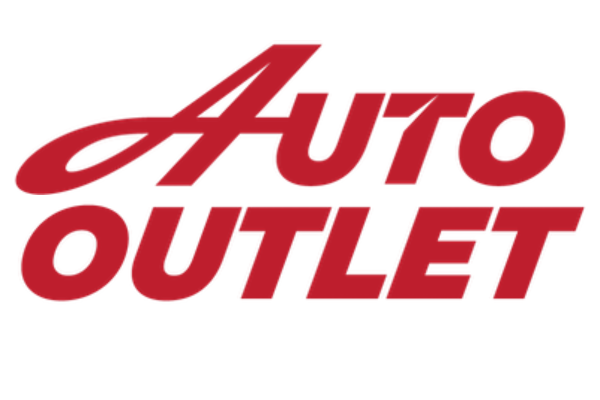Certified Pre-Owned vs. Used Cars: Which is Right for You?

When it comes to purchasing a vehicle, the decision between opting for a certified pre-owned (CPO) car and a traditional used car can be daunting. Both options present their unique advantages and challenges, making the choice dependent on your personal needs and financial circumstances. This guide will delve into the differences between certified pre-owned and used cars, helping you make an informed decision that's right for you.
Understanding the Basics: Certified Pre-Owned vs. Used Cars
At its core, a used car is any vehicle that has had previous ownership. These cars are typically sold through private sellers, dealerships, or classified ads. Unlike new cars, used cars don't come with a manufacturer's warranty, and their condition can vary greatly.
On the other hand, a certified pre-owned car is a type of used car that has been inspected, refurbished, and certified by the manufacturer or a certifying authority. CPO vehicles often come with an extended warranty, roadside assistance, and other perks that bridge the gap between new and used cars.
The Advantages of Certified Pre-Owned Vehicles
Warranty and Assurance
One of the major benefits of opting for a CPO vehicle is the warranty coverage. Certified pre-owned cars often come with warranties that cover major repairs for a certain period, providing peace of mind similar to that of purchasing a new car. This added assurance can save you from unexpected repair costs.
Thorough Inspection and Reconditioning
CPO vehicles undergo rigorous inspections, often covering hundreds of points to ensure the car is in excellent condition. Any issues are addressed and fixed, and the car is reconditioned to meet high standards. This level of scrutiny is generally absent in regular used cars, which might require you to bear the cost of any unforeseen repairs.
Roadside Assistance and Additional Perks
Many CPO programs include complimentary services like roadside assistance, rental car reimbursement, and even free maintenance for a specified period. These benefits add value to the purchase and can make life easier in case your vehicle encounters trouble.
The Appeal of Used Cars
Affordability
Traditional used cars are generally more affordable than their CPO counterparts. If you're on a tight budget, a used car might be the better option as it allows you to purchase a vehicle without the additional costs associated with certification and warranties.
Wider Selection
The used car market is vast, offering a broader range of makes, models, and years. This wider selection can be advantageous if you're looking for a specific model or a unique feature that might not be available in the CPO inventory.
Potential for Negotiation
When buying a used car, especially from a private seller, there's often more room for negotiation. This flexibility can help you get a better deal compared to the fixed pricing of CPO vehicles.

Drawbacks of Certified Pre-Owned Vehicles
Higher Cost
The extensive inspection, certification process, and added perks mean that CPO vehicles typically carry a premium price tag compared to regular used cars.
Limited Selection
Since CPO cars need to meet stringent criteria, there's often a narrower selection of models and features.
Drawbacks of Used Cars
Risk of Unknowns
Without a comprehensive inspection, used cars can be a gamble. They may have underlying issues that aren't immediately apparent, leading to expensive repairs down the road.
Lack of Warranty
Most used cars don't come with a warranty, which means you're responsible for any repairs once the purchase is complete.

Which Is Right for You?
The choice between a certified pre-owned and a used car hinges largely on your priorities and financial situation. If peace of mind, warranty, and vehicle condition are high on your list, and you're willing to pay a bit more for these benefits, a CPO car might be the right choice. However, if you're working within a tight budget and are comfortable managing potential repair costs, a traditional used car might be more suitable.
In British Columbia, the decision may also depend on availability and dealership offerings. Explore local dealerships like Applewood Auto Outlet, where you can find a range of both certified pre-owned and used vehicles to compare side by side. Consider your lifestyle needs, preferences, and financial constraints to make the most informed decision.
Ultimately, whether you choose a certified pre-owned or a traditional used car, doing thorough research and understanding the benefits and drawbacks of each will guide you towards the right vehicle for your needs.


